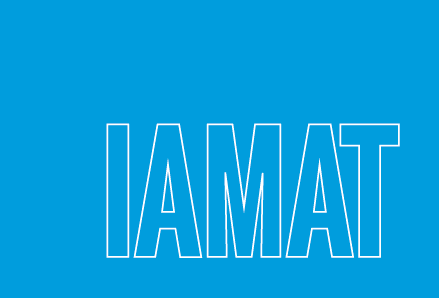Ever wonder how climate change impacts you as a traveller? Delays and unexpected costs related to extreme weather events, loss of biodiversity, and elevated air pollution levels are some of the things you may experience during your travels. The impact of climate change on our health extends beyond respiratory illnesses, increased heat strokes, and water shortages. Epidemiologists and evolutionary biologists have been sounding the alarm on the rise of infectious diseases for a long time. In recent years we’ve seen a spike in vector-borne diseases which are also spreading to new regions. Here are a few that we’ve been tracking: Appearance of Chikungunya in the Caribbean Locally acquired Dengue in southern Florida, southern France, Italy, Portugal, and Japan West ...








